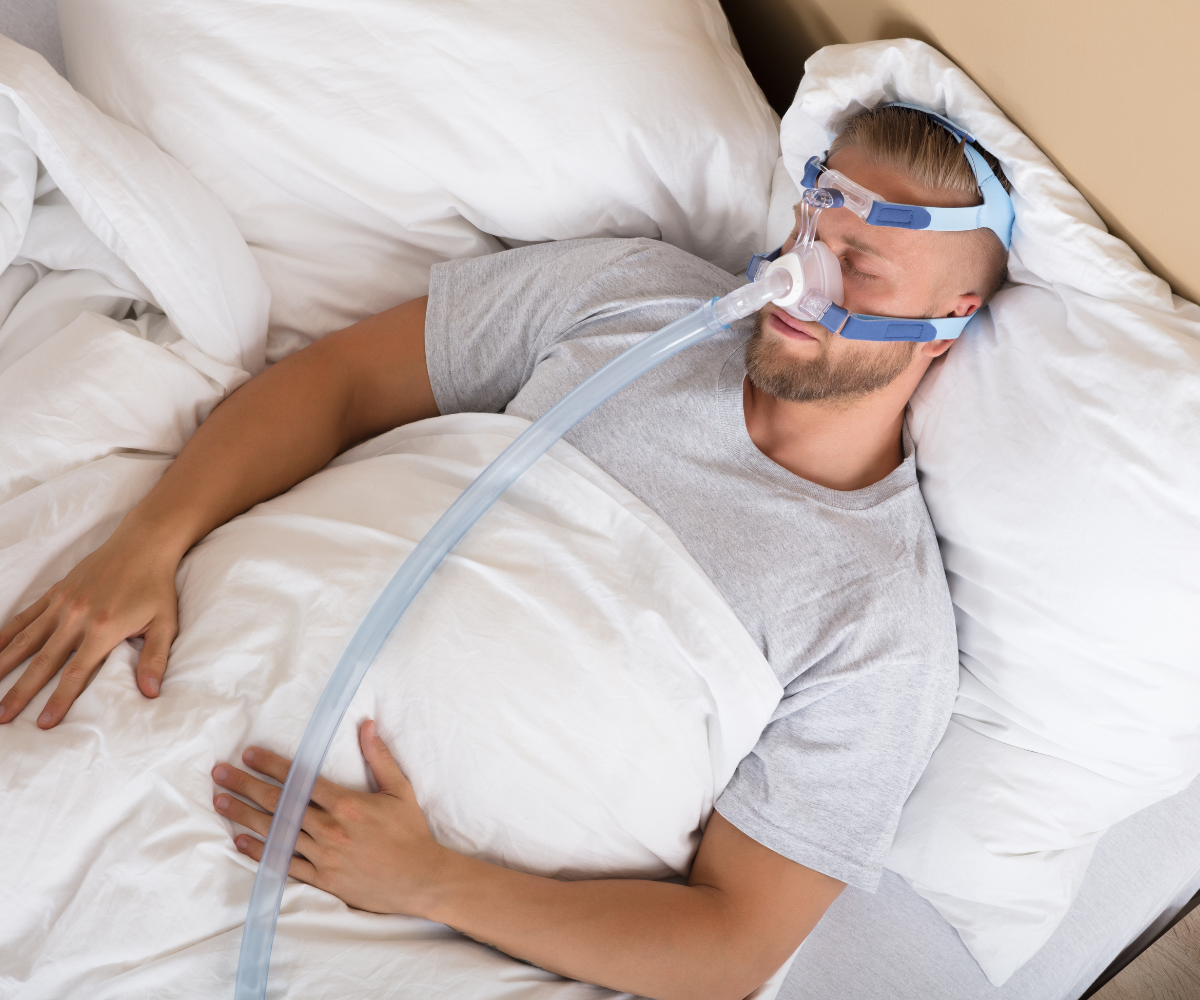How Self-Efficacy Theory Applies to Sports Performance
Self-efficacy theory, developed by psychologist Albert Bandura, posits that an individual's belief in their ability to succeed in specific situations significantly influences their performance. In the context of sports, self-efficacy refers to athletes' confidence in their capabilities to execute the skills necessary for achieving desired outcomes. This article explores how self-efficacy theory applies to sports performance and its implications for athletes.
Understanding Self-Efficacy
Self-efficacy is not merely about having confidence; it is a task-specific belief that varies across different activities and situations. Bandura identified four primary sources of self-efficacy:
- Mastery Experiences: Successfully completing a task boosts self-efficacy, while failures can diminish it.
- Vicarious Experiences: Observing others successfully perform a task can enhance self-efficacy, especially if the observer identifies with the performer.
- Social Persuasion: Encouragement from coaches, teammates, or mentors can strengthen an athlete’s belief in their abilities.
- Physiological and Emotional States: An athlete’s emotional responses and physical sensations (e.g., anxiety or excitement) can impact their perception of self-efficacy.
The Impact of Self-Efficacy on Sports Performance
Research consistently demonstrates a strong relationship between self-efficacy and athletic performance:
- Goal Setting: Athletes with high self-efficacy are more likely to set challenging goals for themselves. They believe they can achieve these goals, which motivates them to put in the necessary effort and persistence (Locke et al., 1984; Moritz et al., 2000). For example, a runner confident in their abilities may aim for a personal best time rather than simply finishing the race.
- Persistence and Effort: High self-efficacy leads to greater persistence in the face of setbacks. Athletes who believe in their capabilities are more likely to continue training hard even when faced with difficulties or failures (Bandura, 1977). This resilience is crucial for long-term success in sports.
- Performance Under Pressure: Athletes with strong self-efficacy are better equipped to handle pressure during competitions. They tend to remain calm and focused, allowing them to perform optimally even in high-stakes situations (Feltz & Lirgg, 1998). Conversely, those with low self-efficacy may succumb to anxiety and perform poorly.
- Enhanced Motivation: Self-efficacy influences an athlete's motivation levels. Those who believe they can succeed are more likely to engage fully in training and competition, leading to improved performance outcomes (Moritz et al., 2000).
Read: What is the yips phenomenon and how can athletes overcome it?
Practical Applications of Self-Efficacy Theory
To leverage self-efficacy theory effectively, athletes can adopt several strategies:
- Set Achievable Goals: Establishing realistic yet challenging goals helps athletes build mastery experiences. As they achieve these goals, their self-efficacy will increase.
- Seek Feedback: Constructive feedback from coaches and peers reinforces positive beliefs about abilities. Athletes should actively seek out this feedback and use it to improve their skills.
- Visualize Success: Visualization techniques can enhance self-efficacy by allowing athletes to mentally rehearse successful performances. This practice prepares them psychologically for competition.
- Learn from Role Models: Observing successful athletes can boost self-efficacy through vicarious experiences. Athletes should study role models who have overcome similar challenges.
- Manage Emotions: Developing strategies for managing anxiety and stress can help athletes maintain positive physiological states that support high self-efficacy.
Self-efficacy theory plays a crucial role in understanding sports performance by highlighting the importance of athletes' beliefs in their capabilities. Higher levels of self-efficacy are associated with increased motivation, persistence, effective goal setting, and improved performance under pressure. By actively working to enhance their self-efficacy through goal setting, seeking feedback, visualization, learning from role models, and managing emotions, athletes can significantly improve their performance outcomes and achieve greater success in their sporting endeavors.
Read: How does cognitive behavioral therapy benefit athletes?







%20(1200%20%C3%97%20232%20px)%20(9).png)











